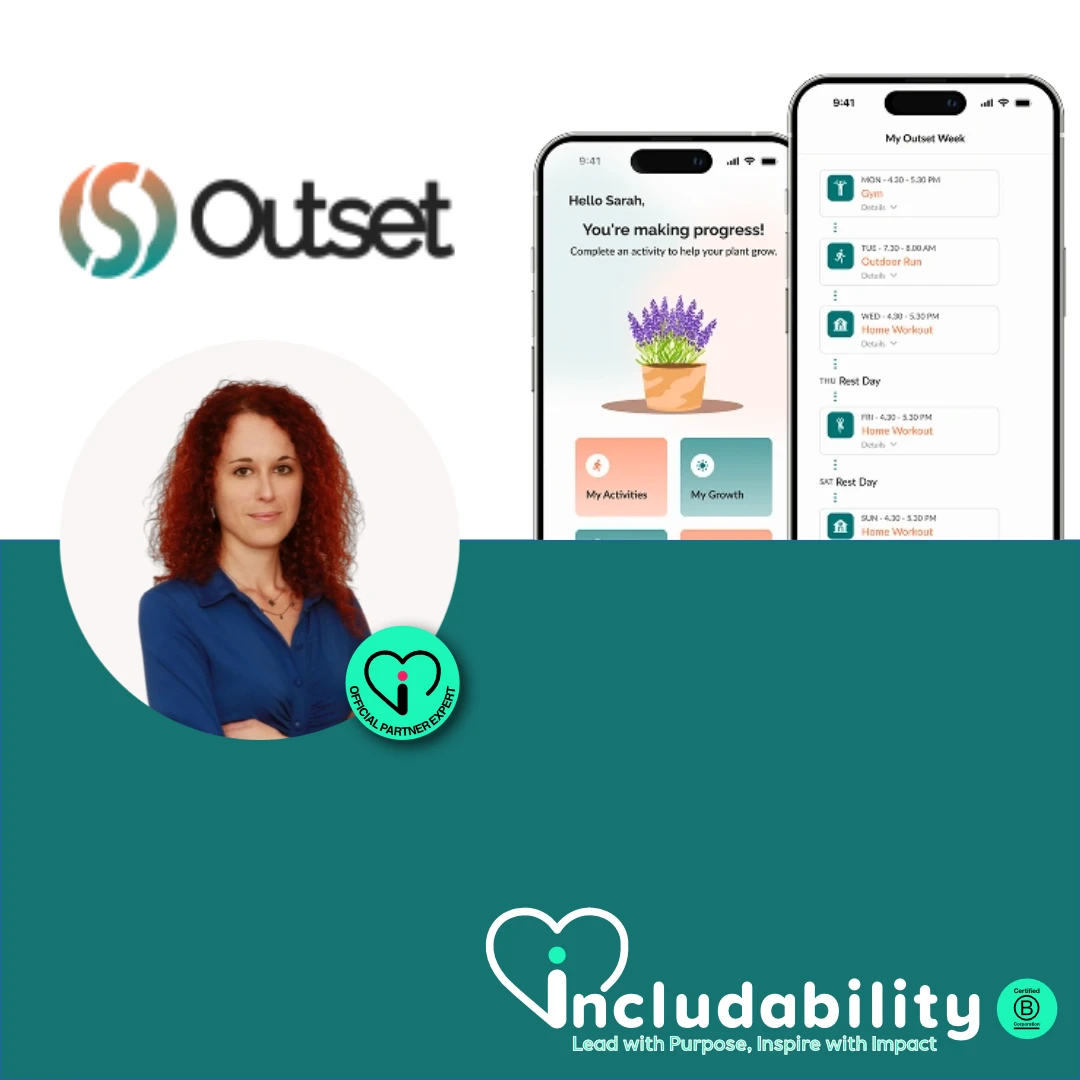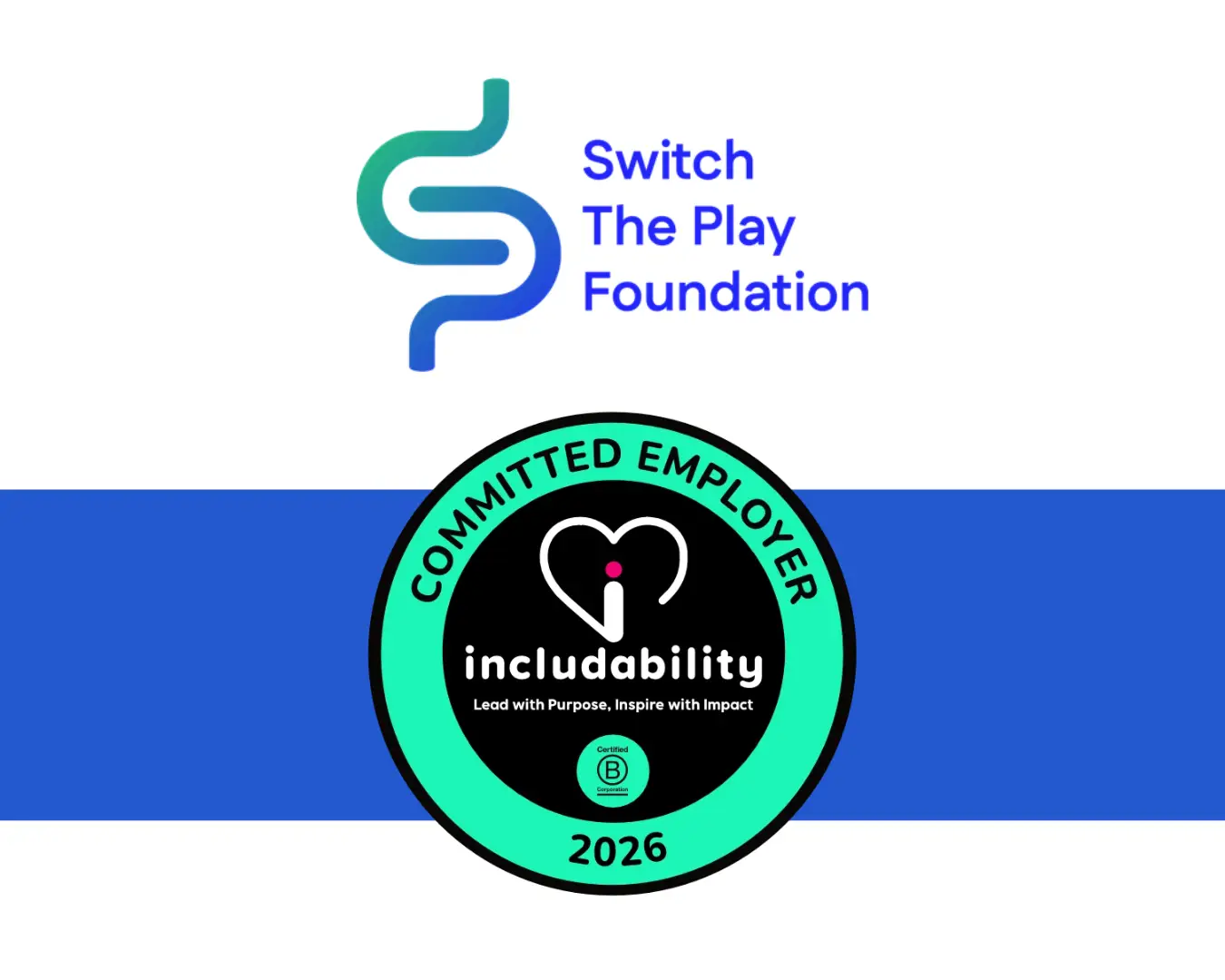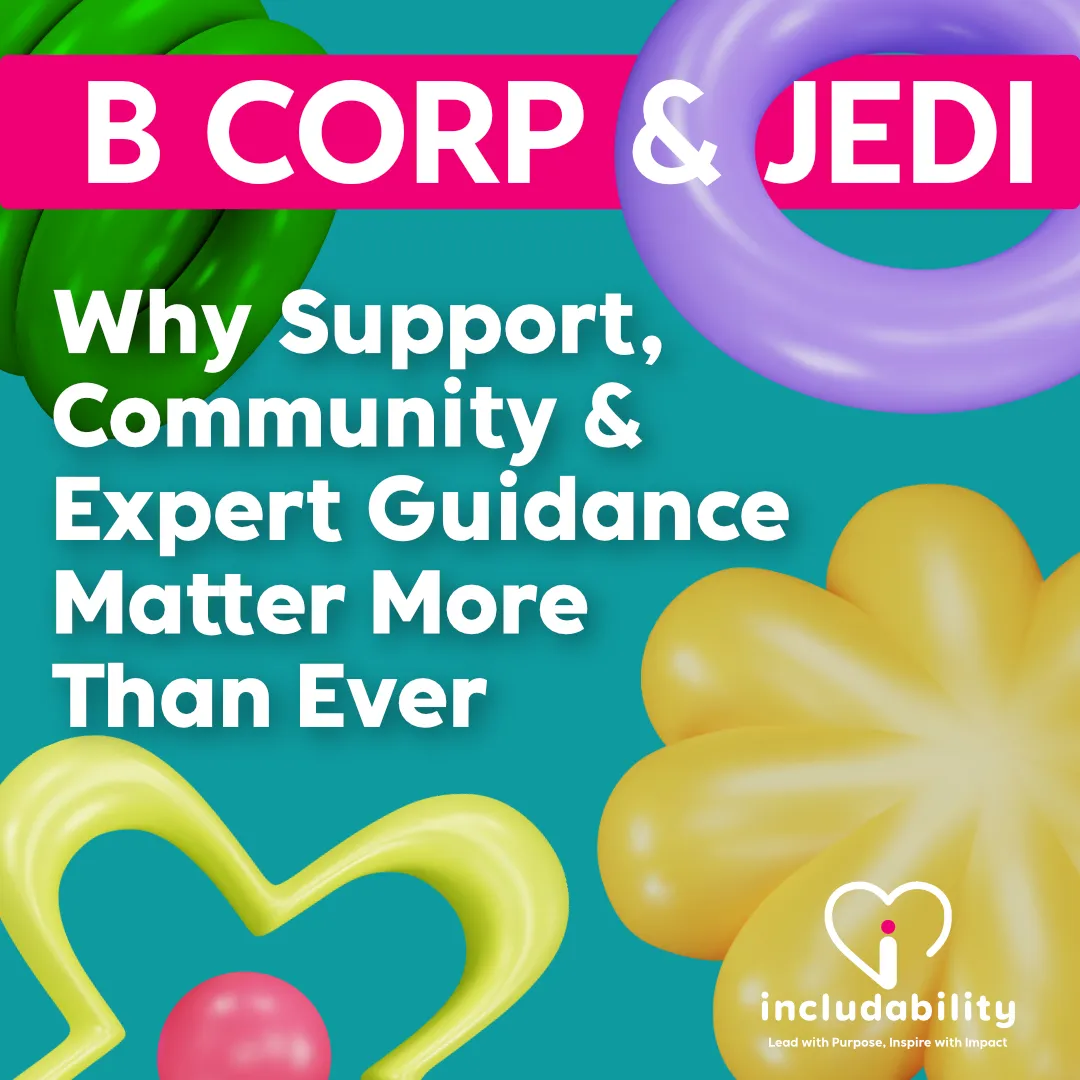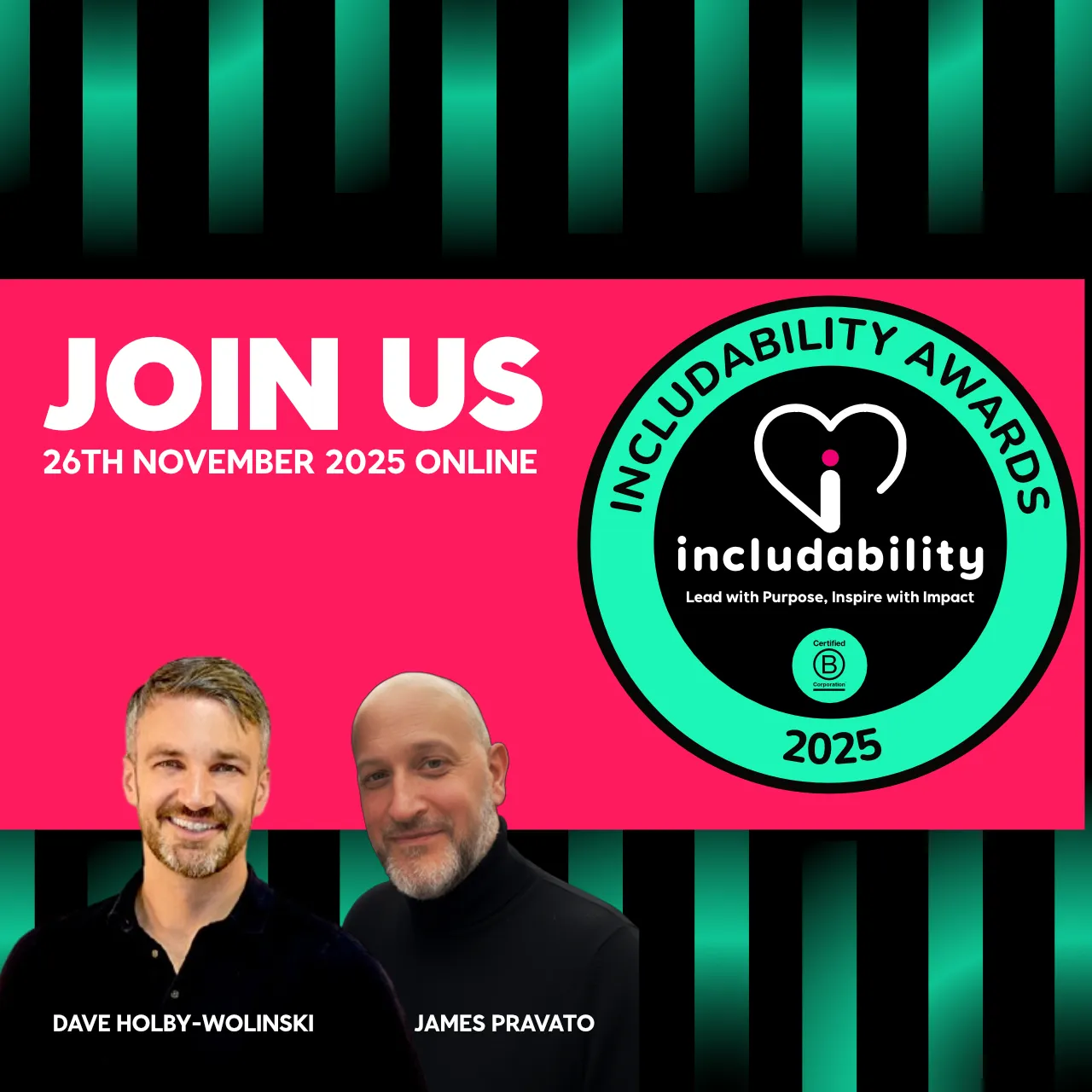The Piano gives platform to Includability Ambassador to spread mental health message
Our wonderful Includability Ambassador, Daniel Wilsher, made it to the final four of some of the country’s top amateur pianists on The Piano – The hit show on Channel 4.

Includability Ambassador Daniel Wilsher shines in the final of Channel 4 show

Daniel Wilsher shines in the final of Channel 4 show The Piano
Our wonderful Includability Ambassador, Daniel Wilsher, made it to the final four of some of the country’s top amateur pianists on The Piano – The hit show on Channel 4.
What is Channel 4 show, The Piano?
The Piano is a unique talent search TV show on Channel 4, presented by Claudia Winkleman. The show aims to unearth some of the UK’s most exciting amateur piano performers by placing a piano in four prominent train stations across the UK. The pianists were being secretly watched by two of the world’s most respected performers, Lang Lang and Mika. The search began in London, and then onto stations in Leeds, Glasgow and ending in Birmingham.
Who were the finalists of The Piano?
The show became known for a performance of rendition of Chopin's Nocturne in B-flat minor from Lucy, a 13-year-old blind musician who has amazed audiences with her skills at Leeds train station.
The other finalists, who had the opportunity to perform at London's Royal Festival Hall, are 25-year-old Jay from the Isle of Wight and 27-year-old Sean from Edinburgh.
Was Daniel Wilsher a finalist on The Piano?
Danny won in the fourth week at Birmingham New Street station. The Judges liked the 26-year-old’s harmonies and “how he uses the piano to express himself transforming reality into something more joyful.”
Speaking about his experience of performing at a train station piano to the judges surprising him and revealing he would play for thousands of people, Danny said:
“For me it was genuinely mind blowing, and as a mental health public speaker, I always tell people at my talks to live as their authentic selves and to push their comfort zones. And this is exactly what I had to do at Birmingham New Station, and finding out that Lang Lang and Mika were watching was an immediate win for me. I hadn’t performed in 10 years and my ears perked up when they said my name and that I had won. I literally couldn’t speak for a couple of minutes.”
What is Danny’s Mental Health Campaigning work?
Danny lost his father to depression related suicide at age 9. An event which would begin a series of complex web of skewed beliefs and long-lasting mental health issues. He would battle suicidal thoughts, and additional neurotic symptoms, for four years until he learned to talk about his emotions openly.
He believes that if he sought help sooner, he would have saved himself a great deal of trauma and is now embarking on his 100 Talks for Change Project and that involves travelling from Newcastle to London, 100 talks over 20 academic days across 50 schools, impacting 10,000 lives and hoping to raise money for various mental health charities. [Link to 100 Talks when available].
How does Danny describe his piano playing?
Danny has been playing piano since he was 8 years old. Playing the piano has taken him through the thick and thin of life, and when he couldn’t talk about his emotions. He says he finds playing his emotional songs can be therapeutic for him as he continues to work on his mental health and help others to not go through what he did.
Describing the impact music has had on his life, Danny added:
“Music has had a huge impact on my life and throughout the show I have had the opportunity to turn it into something life changing. I have been able to turn some of the most difficult parts of my life into beautiful music. The ability to turn a negative into something positive that could help other people means a lot to me.”
What did Mika say about Danny’s performance?
After Danny’s final piece at the Royal Festival Hall, Mika summed up the judges thoughts on his performance.
“Danny is a remarkably talented and very nuanced piano player and songwriter. You have this perfect mix of the words, the melodies he sings and the music he's playing. They’re perfectly in harmony. And so, when he starts to play, you feel really secure. You feel you're in the hands of a great storyteller. That’s amazing – especially when he explains it’s the complete opposite of what he feels like sometimes. When he tells a story, he transcends all his insecurities and he’s a very reassuring presence.”
Related resources & events
Sign up for our newsletters
We have an employer and Job seeker newsletter giving you all the latest information in one easy and digestible email. Sign up today for news and job advice straight to your inbox.









